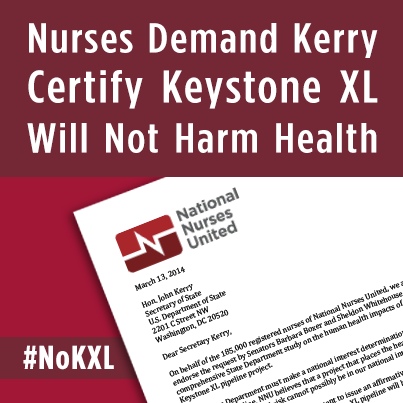Draft: Senator Sanders Senate Hearing on Health Care 3/11/14 – Should we consider joining the rest of the world?
Senator Bernie Sanders-VT held the hearing, “Access and Cost: What the US Health Care System Can Learn from Other Countries” on March 11, 2014. Experts testified on single-payer health care systems in Taiwan, Denmark, Canada and France in the U.S. Senate Health, Education, Labor, and Pensions (HELP) Committee’s Subcommittee on Primary Health and Aging.
Senator Sanders kicked off the hearing by stating: “What this hearing is really about is two fundamental issues. First, the U.S., the wealthiest country on the planet, is the only major industrialized country in the world that does not guarantee health care as a right to its citizens. Should we consider joining the rest of the world? I’d argue we should. Second, the U.S. spends twice as much as other countries that have much better health outcomes. What can we learn from these countries?”
Tsung-Mei Chang, MA, Health Policy Research Analyst, noted that a main characteristic of the single-payer system in Taiwan is equity in health care. Health care is not tied to a job, which means all individuals have access to health care, regardless of employment status. Chang spoke on the advantages of a single-payer system for informational purposes and how it leads to greater data efficiency. Also speaking on Taiwan’s system was Ching-Chuan Yeh, former Minister of Health for Taiwan. He discussed how this program has improved health care for low and middle- income people and lowered the countries administrative costs.
Sally Pipes, President and CEO of the conservative think-tank, the Pacific Research Institute, testified against the single-payer system in Canada, arguing that the system there has increased wait lines and decreased the quality of care. According to Pipes, who is originally from Canada, Canadians with means prefer to come to the United States for health services. Dr. Danielle Martin, Vice-President of Medical Affairs and Health System Solutions at Women’s College Hospital in Toronto, disputed many of Pipes’ claims. Dr. Martin acknowledged long wait-lines but said this is not a direct result to a single-payer system. The Canadian single-payer system delivers superior health care in terms of quality, access and cost, said Martin.
Varied opinions on the Danish single-payer health system were provided by David Hogberg, PhD, Health Care Policy Analyst and Jakob Kjellberg, MSc, Program Director for Health, KORA-Danish Institute for Local and Regional Government Research. Hogberg stated that in single-payer systems health care must be rationed and in Denmark wait times are the compromised aspect of the system. Dr. Kjellberg addressed concerns regarding long wait time in urgent situations and noted adjustments that have been made due to these concerns. For example, patients who have concerns relating to cancer are now seen after only a two-week waiting period.
After listening to the speakers, it was overwhelmingly demonstrated that countries with single-payer systems operate at lower costs, use technology and databases more efficiently and serve a greater number of people regardless of economic status. Victor Rodwin, PhD, MPH, Professor Health Policy and Management, New York University, testified that the French single payer health system excels in offering patients: freedom, pluralism and solidarity. As Senator Sanders stated at the beginning of the hearing, the US health care system could go a long way with these ideals and approaches.


